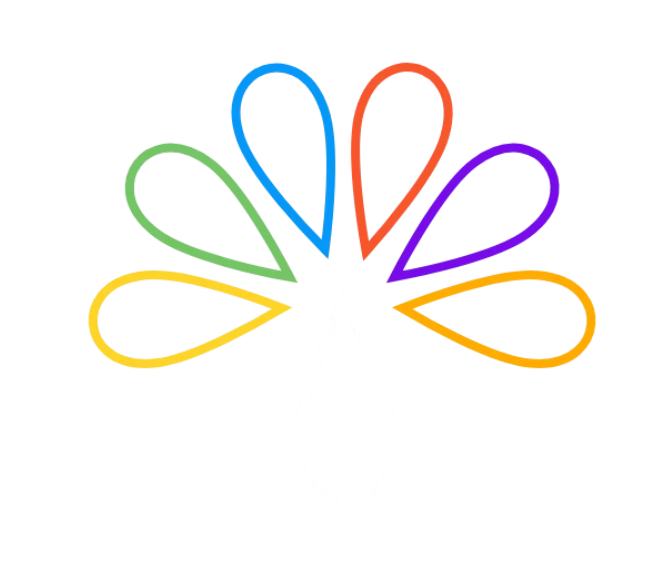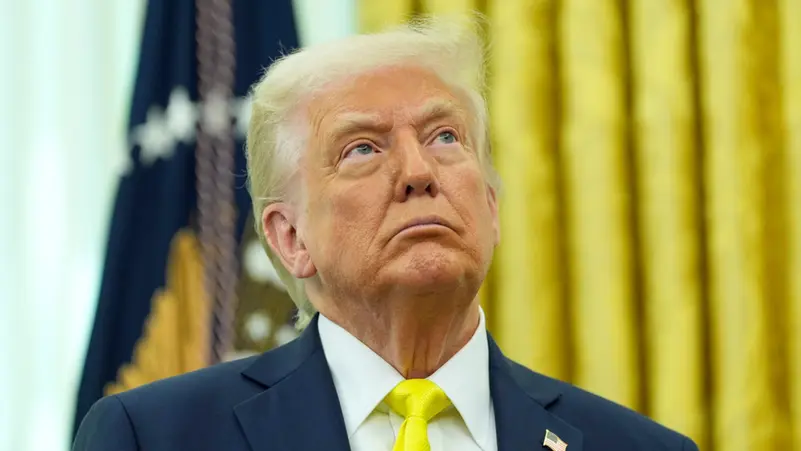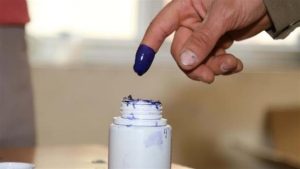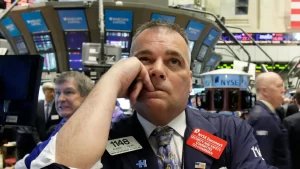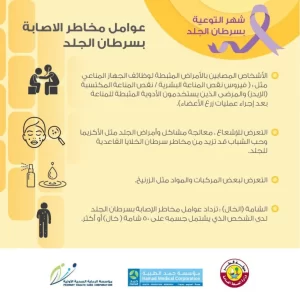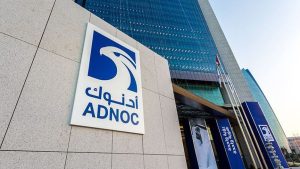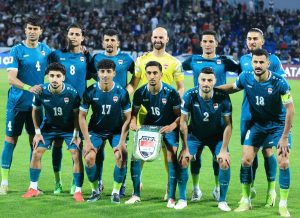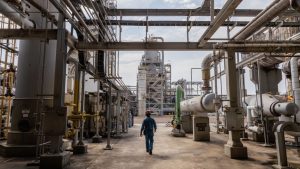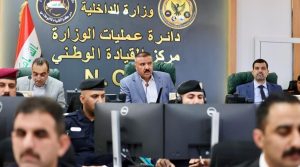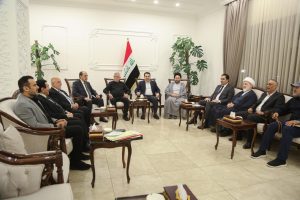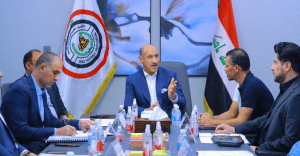After two days since the conclusion of the second round of negotiations regarding Tehran’s nuclear program, U.S. President Donald Trump stated in comments to reporters at the White House on Monday that the United States held “very good talks” with Iran.
Rafael Grossi, the Director-General of the International Atomic Energy Agency (IAEA), also expressed his optimism regarding the negotiations. He voiced satisfaction with the progress, calling the atmosphere encouraging and full of potential for advancement, despite real concerns about the negotiations potentially stalling or collapsing before they began.
Omani Mediation
The second round of U.S.-Iranian talks, mediated by Oman, took place in Rome and lasted for about four hours. Iran’s foreign ministry described the talks as constructive and fruitful.
A senior U.S. official confirmed that the talks made “very good progress.”
Negotiations are set to resume next Saturday in the Omani capital, Muscat. Technical experts from both sides will begin discussing the details of the agreement on Wednesday.
Both Iran and the United States held an indirect meeting in Muscat last week, followed by the second round of talks in Rome on Saturday, which was led by Iran’s Deputy Foreign Minister Abbas Araqchi and U.S. Special Representative for Iran, Steve Biegun. Positive signals emerged from this meeting.
Strict Sanctions
It is important to note that Trump unilaterally withdrew from the Iranian nuclear deal in 2018, calling it the worst agreement ever. He then re-imposed stringent sanctions on Tehran.
Following the U.S. withdrawal, Iran gradually increased its uranium enrichment to 60%, bringing it closer to the threshold needed for nuclear bomb production, according to the International Atomic Energy Agency (IAEA).
